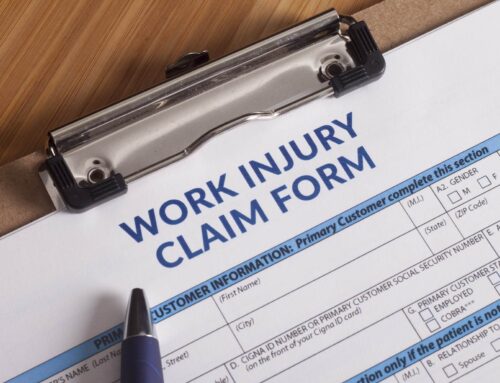By Daniel S. Sweetser, Esq.
Navigating the distinctions between exempt and non-exempt employees is crucial for both employers and employees in New Jersey. These classifications, rooted in the Fair Labor Standards Act (FLSA), determine how employees are compensated and protected under labor laws. At Szaferman Lakind, we aim to provide clarity on these classifications to ensure compliance and fair treatment in the workplace.
Exempt Employees
Exempt employees are those who are not entitled to overtime pay under the FLSA. To be classified as exempt, an employee must meet specific criteria regarding their job duties and salary level. Generally, exempt employees include those in executive, administrative, professional, and certain sales roles.
Key Criteria for Exemption:
- Salary Basis Test: Exempt employees must be paid on a salary basis, not hourly, and must receive a predetermined amount of compensation each pay period.
- Salary Level Test: The salary must meet or exceed the minimum threshold set by the FLSA.
- Duties Test: The primary duties of exempt employees must be executive, administrative or professional tasks as defined by law. This includes managing the enterprise, supervising employees, performing professional services and requiring advanced knowledge in a specialized field.
Non-Exempt Employees
Non-exempt employees are entitled to overtime pay for any hours worked over 40 in a workweek. Overtime must be paid at a rate of one and a half times the regular rate of pay. Non-exempt employees are may be paid on an hourly or salary basis, and include most workers who do not meet the criteria for Exempt Employees discussed above.
Rights of Non-Exempt Employees:
- Overtime Pay: Must be compensated for overtime hours worked beyond 40 hours in a week.
- Record Keeping: Employers must maintain accurate records of hours worked and wages paid to non-exempt employees.
Common Misclassifications
Misclassifying employees as exempt when they should be non-exempt can lead to significant legal and financial repercussions for employers. Employers must carefully evaluate job roles and compensation to ensure proper classification.
Importance of Proper Classification
Properly classifying employees as exempt or non-exempt is vital to ensure compliance with federal and state labor laws. Misclassification can result in:
- Back Pay: Employers may owe back pay for unpaid overtime.
- Penalties and Fines: Legal penalties for failing to adhere to FLSA and state regulations.
- Legal Disputes: Increased risk of lawsuits and employee grievances.
How Szaferman Lakind Can Help
At Szaferman Lakind, we assist employers in navigating the complexities of employee classification to ensure compliance with federal and state labor laws. Our legal team understands the intricacies of the FLSA and state law, and can provide guidance to employers on evaluating job roles, compensation structures, and classification criteria. For employees, we offer support in understanding your rights and ensuring you receive the compensation you are entitled to under the law.
Understanding the differences between exempt and non-exempt employees is essential for maintaining a fair and compliant workplace. Whether you are an employer seeking guidance or an employee with concerns about your classification, Szaferman Lakind is here to help. Contact us today at (609) 275-0400 to schedule a consultation.





